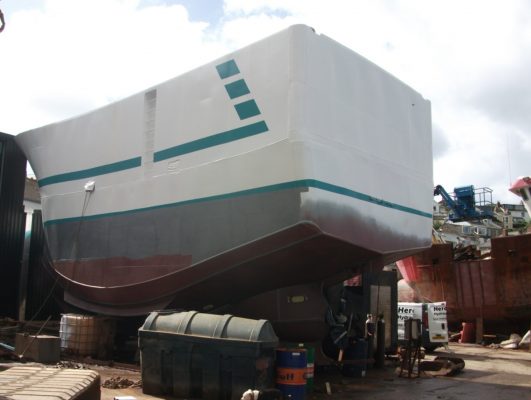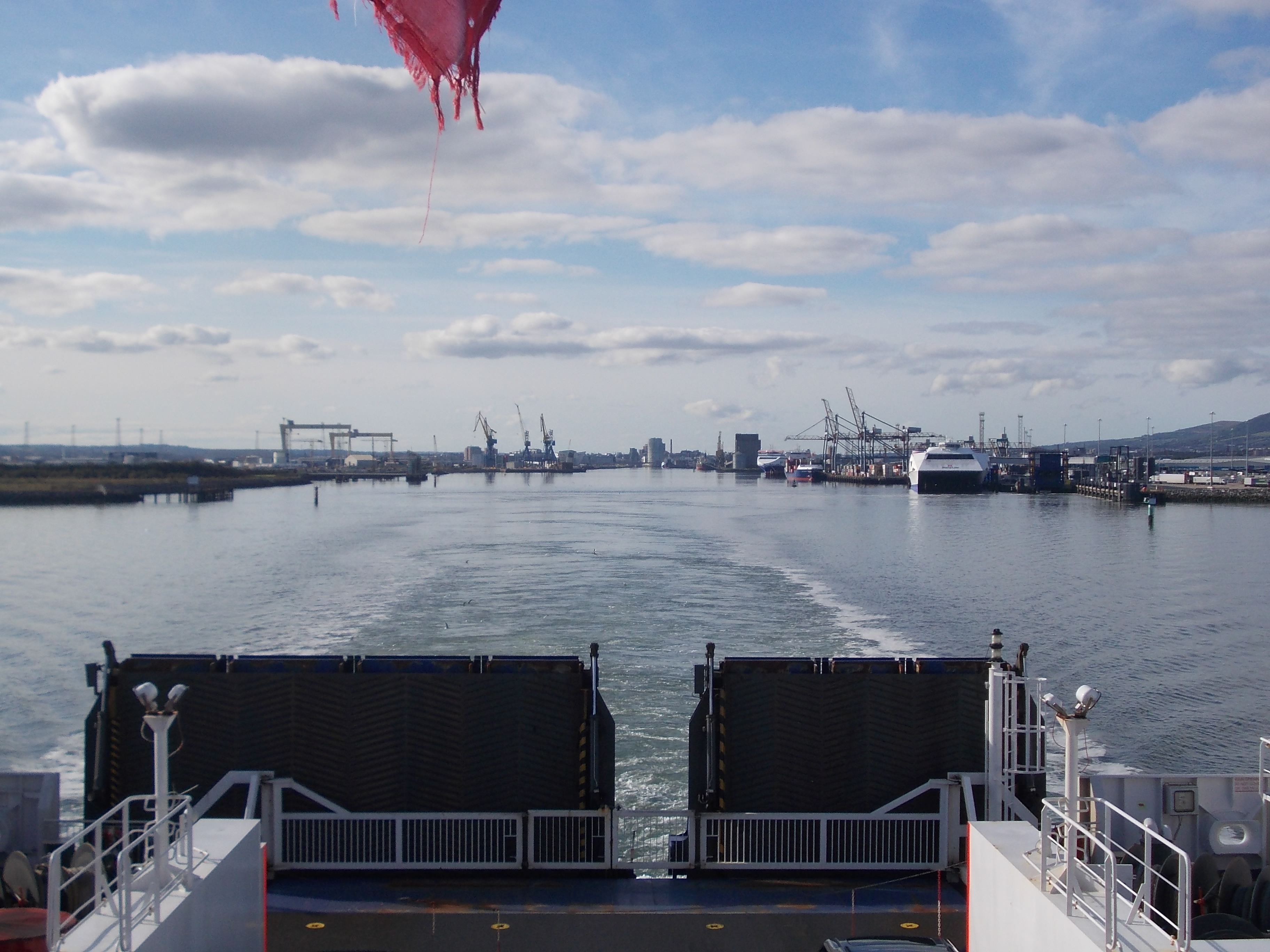Rowse Fishing Ltd of Newlyn, Cornwall was fined a total of £8,170 after admitting to moving a new build fishing vessel without the appropriate load-line certificate
A Cornish fishing company has been fined £3,000 and ordered to pay £5,000 towards the cost of prosecution after a new build fishing boat was moved without the appropriate load-line certificate.
Director of Rowse Fishing Ltd, based in Newlyn, Mark Rowse pleaded guilty on behalf of the company in a case brought by the Maritime and Coastguard Agency (MCA).
Truro Magistrates heard that Rowse’s company intended the new build to become a registered 15-metre fishing vessel.
Rowse requested the MCA undertake a load-line exemption survey of the vessel prior to it being moved but went on to arrange the tow of the vessel before it had been surveyed and an exemption certificate had been granted.
The MCA then discovered that that the vessel had been shortened during its build, at the request of Rowse, without new stability calculations being undertaken.
Fishing boat skipper is convicted of attempting to smuggle a tonne of cocaine in the UK
The Seafish surveyor who visited the vessel on 8 September 2016 had not authorised this change and had stated the vessel was not to be moved until revised stability calculations had been undertaken and defects within the build rectified.
Rowse then proceeded to move the vessel, sailing it from Polruan to Newlyn on 17 September 2016 without the appropriate load-line certificate and load-line markings on the hull.
Truro Magistrates Court fined Rowse Fishing Ltd £3,000 and ordered the company to pay a victim surcharge of £170 and £5,000 towards the cost of the prosecution on 15 March 2017.
Commenting on the case, the survey area operations manager based at the MCA’s Plymouth Marine Office, Tony Heslop, said: “This new vessel had been towed on a sea voyage without the appropriate load-line survey being undertaken.”
“The fundamental aim of such a survey is to ensure the vessel is safe enough to go to sea. This was not done in this case, which was aggravated by the fact the structure of the vessel was not in accordance with the original plans” he continued.
“This was a somewhat reckless decision by Mr Rowse that could have had some very serious consequences. The Merchant Shipping Act is there for a reason and cannot be circumvented by those who regard it as an inconvenience.” stressed Heslop.
Businessman Aaron Brown cleared of manslaughter
A jury at Winchester Crown Court has cleared Aaron Brown of manslaughter by gross negligence following a boating accident at…
Captain fined for being drunk in charge of a container ship in Belfast
Lithuanian captain Eugenijus Tulauskas was found to be up to four times over the maritime limit on board the ship…
“Arrogant” skipper of the Nicky Noo sent to prison for safety offences
Shane Barton, who is the owner and skipper of the Nicky Noo, was sentenced to 15 months after pleading guilty…






